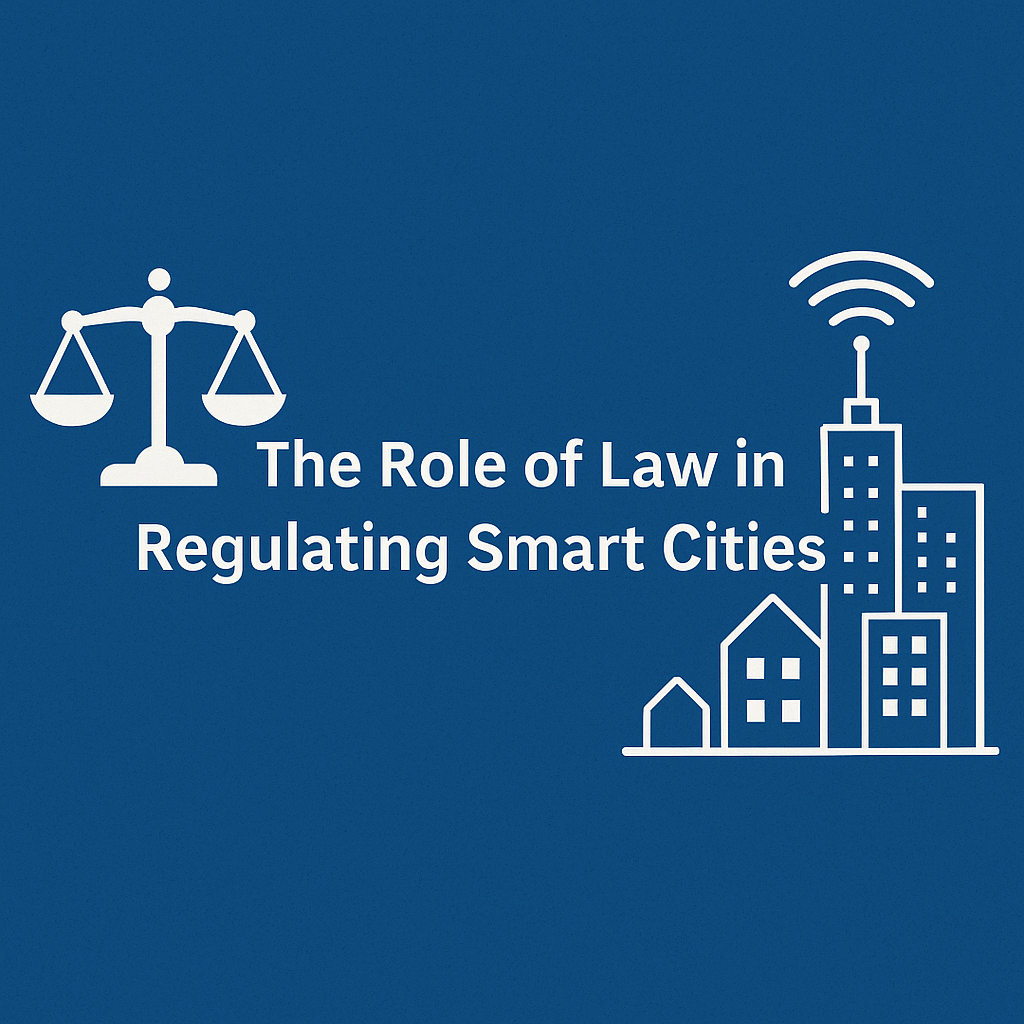The cybercrime rate in Pakistan has skyrocketed by 83% in just three years.
Pakistani citizens face unprecedented digital threats, with the Federal Investigation Agency (FIA) receiving over 102,000 complaints. The FIA has arrested more than 7,020 people for Cyber Crime Pakistan since 2020. Yet the conviction rate remains at a mere 5%.
Hacking, data breaches, financial scams, and online harassment plague thousands of our fellow citizens each day. The global cost of Cyber Crime Pakistan will reach $10.5 trillion annually by 2025. Pakistan stands vulnerable to this mounting threat.
We created this detailed guide to protect you from Cyber Crime Pakistan. You’ll learn to navigate the Prevention of Electronic Crimes Act (PECA) and implement practical safety measures. Our guide shows how to secure your digital presence and what actions to take if you become a victim of Cyber Crime Pakistan.
Let’s take a closer look at the essential steps to stay safe in Pakistan’s digital world and defend against Cyber Crime Pakistan.
Understanding Cyber Crime Laws in Pakistan
PECA is Pakistan’s main legislation against digital crimes. First enacted in 2016, this detailed law covers twenty-three different offenses. These range from unauthorized data access to cyber terrorism.
Key provisions of the Cyber Crime Act
PECA makes several digital offenses illegal, such as electronic forgery, identity theft, and unauthorized system interference. The law targets cyber stalking, child pornography, and hate speech on cyberspace. The Federal Investigation Agency (FIA) has exclusive authority through its specialized Cybercrime Wing to investigate these crimes.
Recent amendments and their implications
The 2025 amendments to PECA brought major changes to curb evolving cyber threats. The law now requires three-year imprisonment or a fine of up to two million rupees for spreading false information. Four new regulatory bodies now exist:
- Social Media Protection and Regulatory Authority (SMPRA)
- Social Media Complaint Council
- Social Media Protection Tribunals
- National Cybercrime Investigation Agency
Your rights under Pakistani cyber laws
PECA gives citizens specific rights to protect their digital presence. Anyone affected by identity theft can ask authorities to secure, destroy, or block access to compromised information. Victims of cyber harassment can request content removal or blocking through proper channels.
The law provides extra protection for minors with tougher penalties for crimes against them. Cyber stalking against minors can lead to five years in prison or a ten million rupee fine.
All the same, some provisions need judicial orders before legal action begins. Right now, all but one of these crimes – cyber terrorism and crimes against personal dignity – need court approval. This means victims must get judicial approval before law enforcement can handle their case.
Securing Your Digital Devices
Your digital devices serve as the primary defense against cyber threats. FBI records show that thieves steal about 1,800 laptops daily, which highlights why detailed device security matters so much.
Essential smartphone security measures
Your smartphone needs multiple protection layers. Strong authentication through biometric features or complex PINs should be your first step. A trusted antivirus software that provides live scanning and malware protection comes next. Bitdefender Mobile Security, built specifically for Android devices, scans new applications automatically and alerts you when apps try to access your personal data.
Laptop and computer protection
These significant measures will help protect your laptop:
-
- A steel cable lock in public spaces can reduce theft by up to 95%
- Your device needs disk encryption and BIOS login passwords
- Antivirus software with firewall protection needs regular updates
- External drives should store your sensitive data instead of keeping it on your laptop
- Regular laptop bags advertise valuable contents – use non-obvious carrying cases instead
Public Wi-Fi safety precautions
Recent studies in Pakistan show that unsecured public networks often lead to cyber crimes. Here’s what you should do when using public Wi-Fi:
- The facility staff can help verify legitimate networks to avoid deceptive ones
- Public networks aren’t safe for financial transactions or banking apps
- A trusted VPN service will encrypt your data transmission
- Your device’s automatic Wi-Fi connections and file sharing features should stay off
- A properly configured firewall blocks unauthorized access
The National Information Technology Board (NITB) warns that Wi-Fi devices’ default configurations make them insecure. Your wireless networks need WPA3 encryption protocols and changed default credentials right away. Constant alertness and regular updates help you keep up with trends in cyber threats.
Protecting Your Online Accounts and Data
Account security protects you against cyber threats in Pakistan. The State Bank of Pakistan’s reports show digital banking fraud cases have increased by a lot. You need resilient security measures to stay safe.
Creating strong, unique passwords
Your password should be at least 16 characters long. Mix uppercase and lowercase letters, numbers, and symbols but avoid personal details like birthdays or phone numbers. A password manager can help generate and store complex passwords safely. You should never use similar passwords for different accounts.
Setting up two-factor authentication
Two-factor authentication adds a vital security layer to your online accounts. Pakistani banking regulations require all financial institutions to implement at least two-factor authentication for internet banking services. This works through:
- Password verification (first factor)
- One-time tokens or biometric verification (second factor)
Recognizing phishing attempts
Scammers often target Pakistani citizens with deceptive emails and messages. These attacks steal sensitive information by pretending to be legitimate entities. Look out for these warning signs:
- Urgent calls to action or threats
- Generic greetings like “Dear sir/madam”
- Mismatched email domains
- Requests for personal information
- Poor spelling and grammar
Safe online banking practices
Banks in Pakistan follow strict security protocols for online transactions. Public Wi-Fi networks aren’t safe for banking apps. You should check your account statements regularly for suspicious transactions. The State Bank of Pakistan requires banks to:
- Implement identity theft prevention programs
- Run regular customer awareness campaigns
- Issue yearly guidelines to reduce online banking risks
Always log out after each banking session and never save login credentials in your browser. Contact your bank’s cybercrime helpline right away and change your password if you spot any suspicious activity.
Safeguarding Your Privacy on Social Media
Social media platforms in Pakistan have become easy targets for cybercriminals. The FIA Cybercrime Wing reports a surge in digital harassment cases. Protecting your privacy on these platforms is vital to stay safe online.
Adjusting privacy settings
Your social media privacy settings need a review every six months. Set your accounts to “private” mode to limit post visibility to approved connections. Disable facial recognition features and location services that tag you in photos or show your location automatically. Take time to check which third-party apps can access your profiles and remove permissions from apps you don’t use.
Information you should never share online
Your personal details need strict protection on social media platforms:
- Financial information including bank account details or credit card numbers
- Complete copies of identification documents like CNIC or passport
- Home address, phone numbers, or precise location data
- Employment contracts or utility bills
- Details about your daily routine or travel plans
Dealing with harassment and stalking
Quick action matters if you face online harassment. Save screenshots of all communications as evidence. Tell the harasser directly to stop contact and warn them about police action. Never give in to blackmail attempts – compliance usually brings more harassment.
To report cyber harassment:
- Block the harasser on all platforms
- Report the abuse to the social media platform
- Contact FIA’s cybercrime wing through their helpline
- Tell trusted friends and family about the situation
The FIA’s cybercrime wing don’t deal very well with cases because they have only 500 individuals for 34 million internet users. They remain the main authority to investigate online harassment cases. Women who face harassment should know that mobility limits and privacy concerns make formal complaints difficult. A detailed record of all harassment incidents will strengthen your case if you need legal help.
How to Report Cyber Crime in Pakistan
The Federal Investigation Agency (FIA), 2.7 million digital crime complaints old, has multiple channels to report cyber crimes in Pakistan. These complaints were lodged in the last five years.
Step-by-step guide to file an online complaint
Here’s how to report a cyber crime online:
- Visit the official FIA website (complaint.fia.gov.pk)
- Fill out the online complaint form with personal details
- Select “Cybercrime” from the crime category options
- Provide a detailed description in English or Urdu
- Submit supporting evidence and documentation
Contacting the cyber crime Pakistan helpline
FIA’s dedicated helplines make it easy to report cyber crimes:
- Primary Helpline: 1991
- Alternative Number: 051-111-345-786
- Email: helpdesk@nr3c.gov.pk
The services are available Monday through Friday, from 8:00 AM to 4:00 PM.
What evidence to collect before reporting
Your complaint needs specific evidence to move forward:
- Screenshots of offensive content or messages
- Relevant URLs and social media profile links
- Transaction records for financial frauds
- Communication logs and timestamps
- Device information where applicable
Following up on your case
Your complaint goes through a systematic process after submission:
- Verification takes 14 days
- An investigation officer gets 90 days to ask questions
- You’ll receive a case tracking number for updates
Women and children make up 80% of cyber crime complaints. The FIA received 639,000 complaints between 2020 and 2024, yet only 222 convictions came from 7,020 arrests. You should stay in touch with authorities through the helpline or email for case updates. Note that you can’t submit complaints anonymously – your personal information is needed for the official investigation.
Conclusion
Pakistani citizens face serious threats from cybercrime, but staying safe online doesn’t need complex technical knowledge. Simple security steps like strong passwords, device protection, and privacy settings can by a lot reduce your chances of becoming a victim.
The Pakistani law protects citizens through PECA legislation, and the FIA’s Cybercrime Wing is ready to help victims. Your case against cybercriminals becomes stronger with proper documentation and quick reporting of incidents, even though conviction rates are still low.
The best way to protect yourself is to secure your digital life right now. You should update your device settings, turn on two-factor authentication, and check your social media privacy controls. On top of that, you should save the FIA cybercrime helpline (1991) in your contacts to quickly reach help during emergencies.
We can work together to build a safer digital world for all Pakistani citizens. Keep an eye out for suspicious activities, report them, and share these safety tips with friends and family who might be at risk from cyber threats.








1 Comment
Totam maxime quis modi praesentium nostrum. consequuntur voluptatum et eum ea. Non quod quisquam sint sit. Ut nihil optio accusamus mollitia voluptatem vel reprehenderit. repellendus harum sapiente consequatur. quas sit doloribus et aliquid eos. Non temporibus eum officiis qui iusto provident. dolorum reiciendis Velit est eveniet error aut quasi. aut consequatur praesentium. dolor sint ut. Eos provident molestias assumenda non non nesciunt Ut sit nam corporis quia.